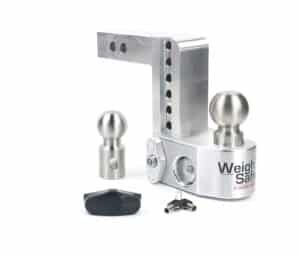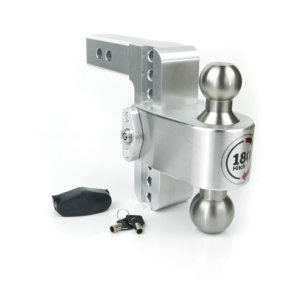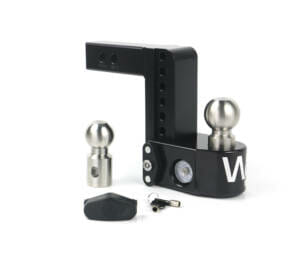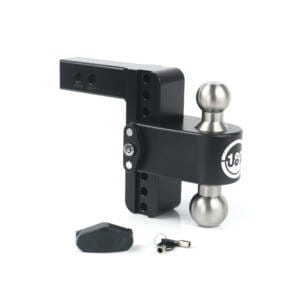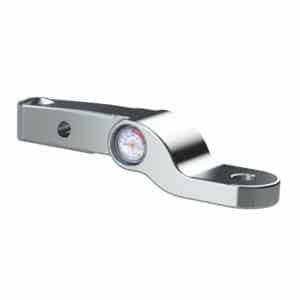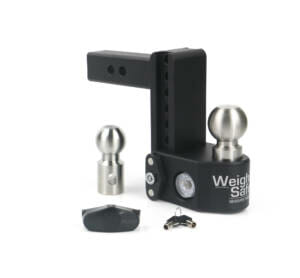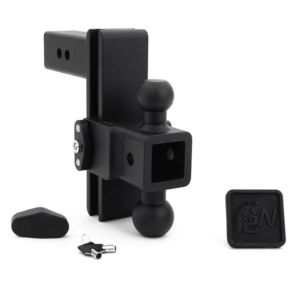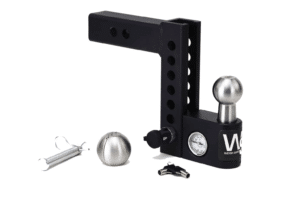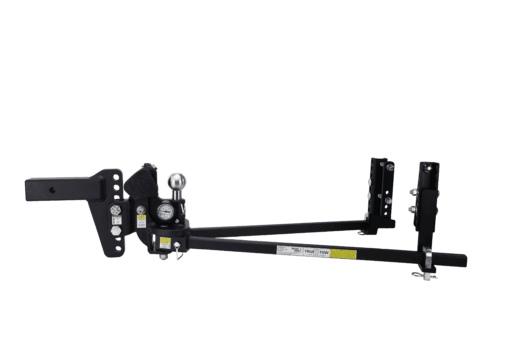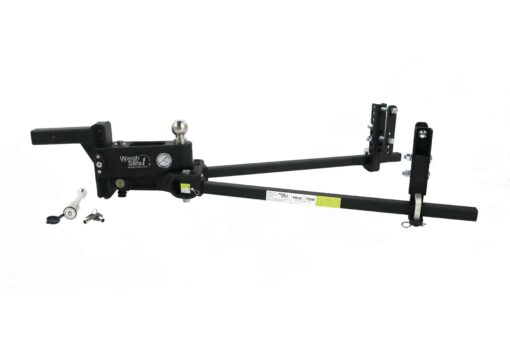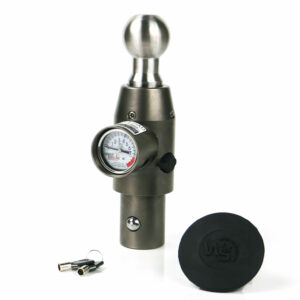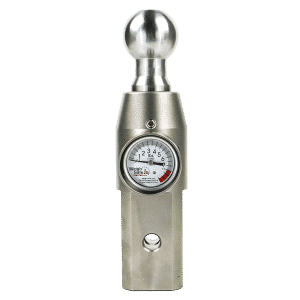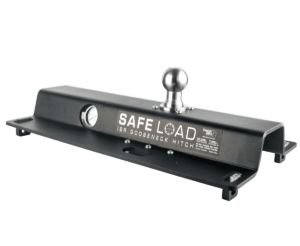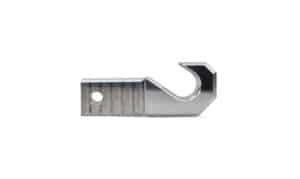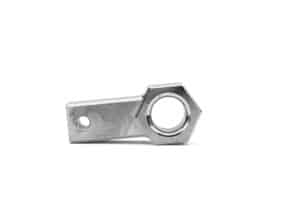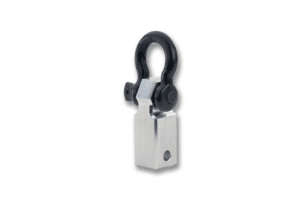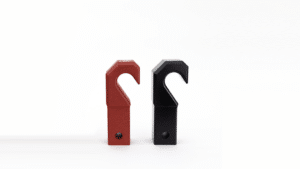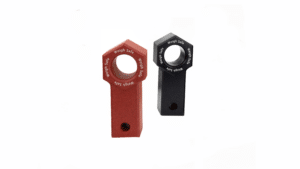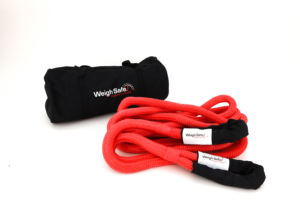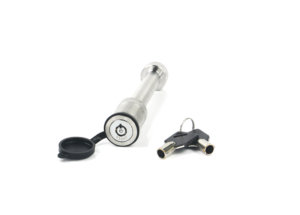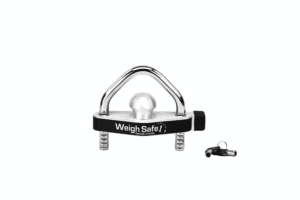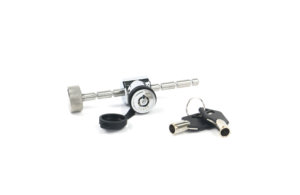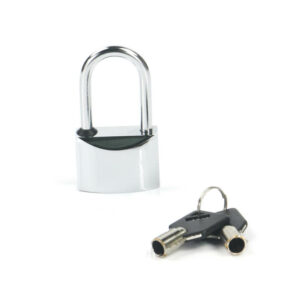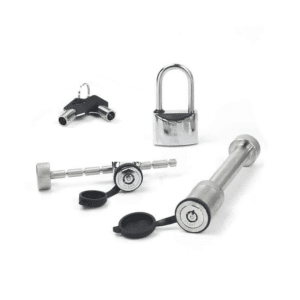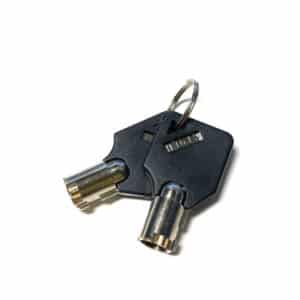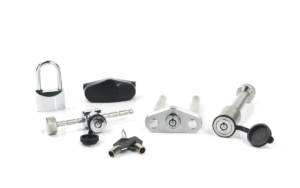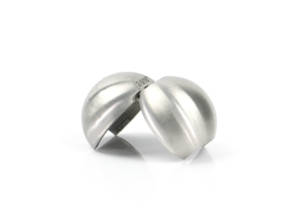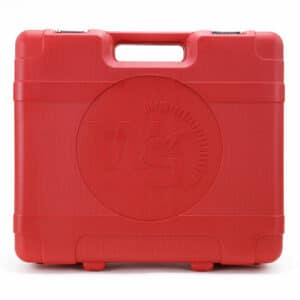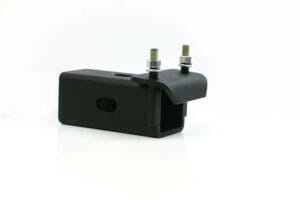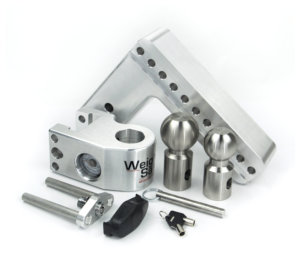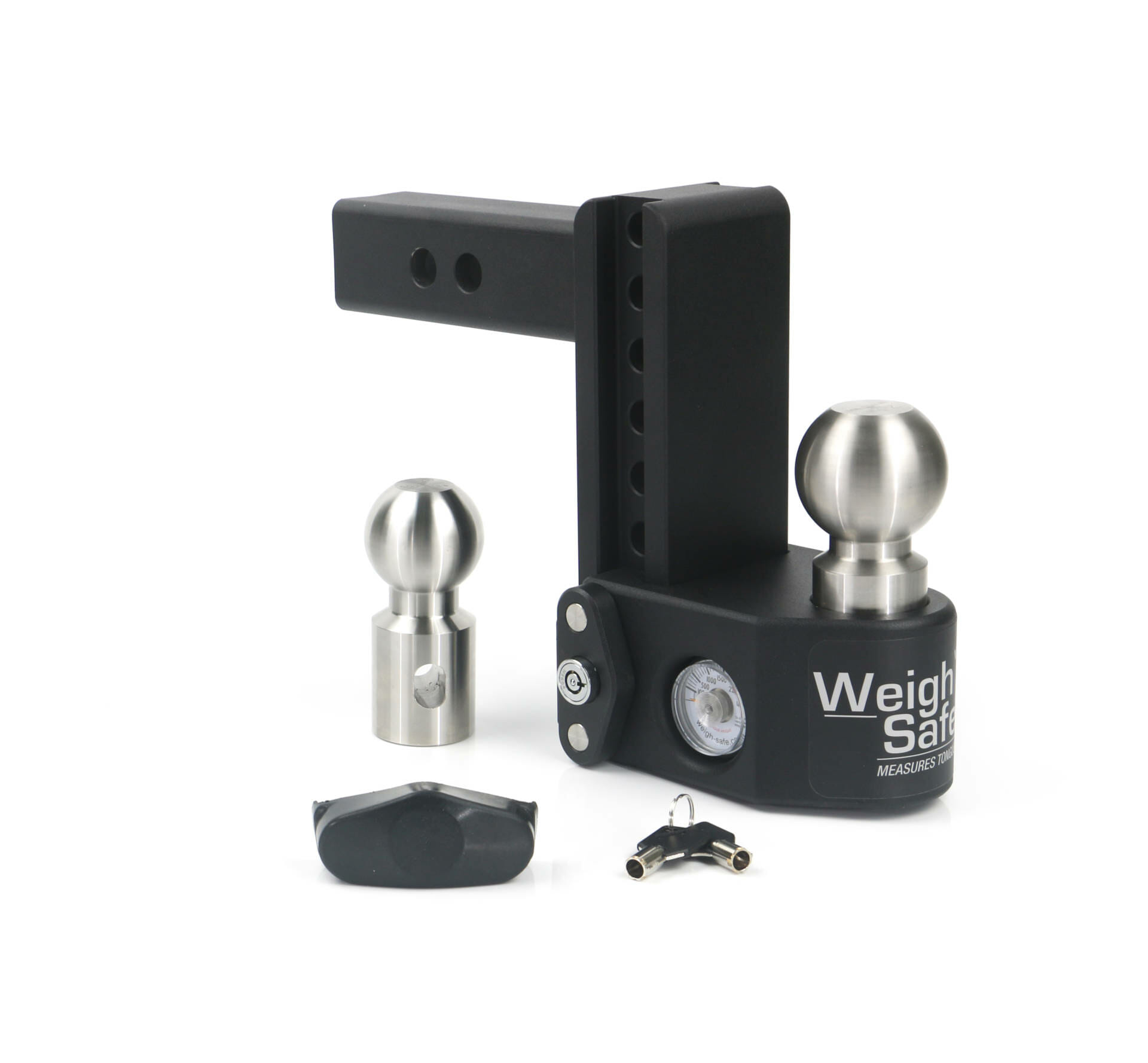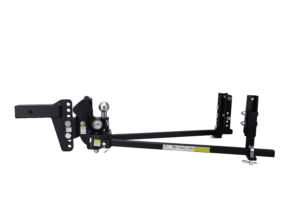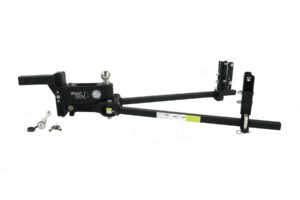Towing Education
Exploring Hitch Materials: Choosing the Right One for Your Towing Needs
Hitches are the unsung heroes of towing, responsible for connecting trailers to vehicles and ensuring safe transportation of goods and equipment. However, not all hitches are created equal, especially when it comes to materials. The material from which a hitch is constructed plays a crucial role in its strength, durability, and overall performance. In this blog, we’ll delve into the world of hitch materials, exploring the options available and helping you choose the right one for your towing requirements.
Steel Hitches
Steel hitches are perhaps the most common type found on the market. They are prized for their strength and durability, making them suitable for heavy-duty towing applications. Typically made from high-strength steel alloys, these hitches can withstand substantial loads and provide reliable performance over time. Additionally, steel hitches are relatively affordable, making them a popular choice among consumers.
However, while steel hitches offer excellent strength and durability, they are not without drawbacks. One of the main concerns with steel hitches is their susceptibility to corrosion. Without proper maintenance and protection, steel hitches can rust over time, compromising their integrity and lifespan. To mitigate this issue, many steel hitches are coated with a layer of paint or powder coating to provide corrosion resistance.
Aluminum Hitches
Aluminum hitches are gaining popularity among towing enthusiasts due to their lightweight yet robust nature. Aluminum is significantly lighter than steel, making aluminum hitches an ideal choice for applications where weight is a concern, such as towing with smaller vehicles or RVs. Additionally, aluminum is naturally resistant to corrosion, offering improved longevity compared to steel hitches.
One of the key advantages of aluminum hitches is their impressive strength-to-weight ratio. Despite being lighter than steel, aluminum hitches can still provide sufficient strength to handle heavy loads, making them a versatile option for a wide range of towing needs. However, aluminum hitches tend to be more expensive than their steel counterparts, which may deter some buyers.
Composite Hitches
Composite hitches represent a newer entrant into the hitch market, offering a blend of strength, durability, and lightweight design. These hitches typically feature a combination of materials such as fiberglass, carbon fiber, and reinforced polymers to achieve optimal performance. Composite hitches offer several benefits, including corrosion resistance, reduced weight, and enhanced shock absorption.
One of the standout features of composite hitches is their ability to dampen vibrations and absorb shocks, resulting in a smoother towing experience. This can be particularly advantageous when towing delicate cargo or traveling over rough terrain. Additionally, composite hitches are non-conductive, making them an excellent choice for towing electrical equipment or trailers.
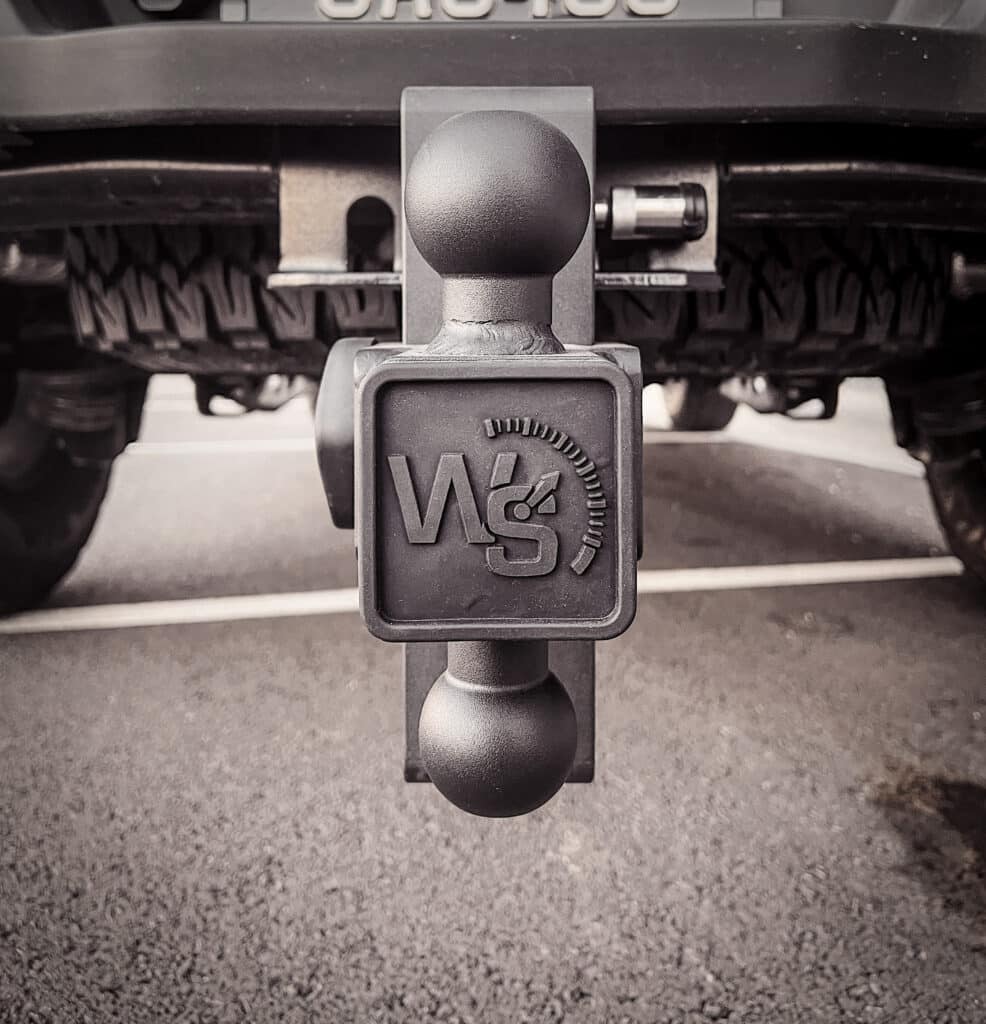
Discover the innovation of Weigh Safe’s composite hitches, where strength meets lightweight design. Our hitches combine the durability of high-quality materials like aircraft-grade aluminum, stainless steel, and premium steel components. Using cutting-edge CNC machinery, each hitch is meticulously crafted with precision. Our dedicated team ensures every product meets the highest standards of quality. As the leading manufacturer of composite hitches in the USA, Weigh Safe invites you to explore our range of hitches. Experience the difference with Weigh Safe’s durable and reliable hitches, designed to exceed industry standards. Visit our website today to find the perfect hitch for your towing needs.
Click to explore weigh safe's hitch optionsWhen it comes to selecting a hitch for your towing needs, the choice of material is a crucial consideration. Steel hitches offer unmatched strength and durability at an affordable price point but may be prone to corrosion over time. Aluminum hitches provide a lightweight alternative with excellent corrosion resistance, albeit at a higher cost. Composite hitches offer a unique combination of strength, lightweight design, and shock absorption, making them an attractive option for discerning buyers.
Ultimately, the right hitch material for you will depend on your specific towing requirements, budget, and preferences. Whether you opt for steel, aluminum, or composite, investing in a high-quality hitch made from durable materials is essential to ensure safe and reliable towing for years to come.
